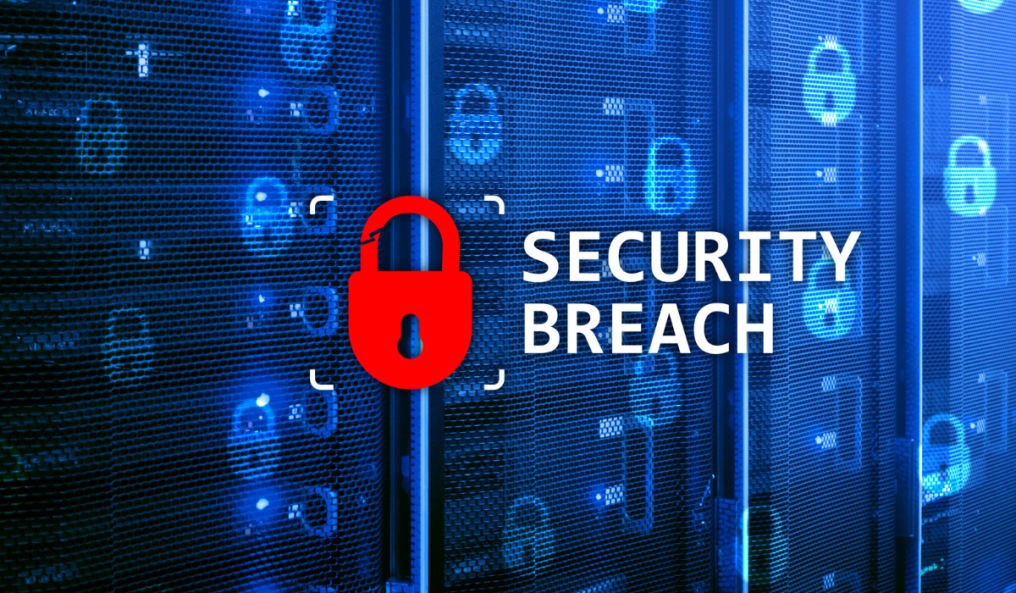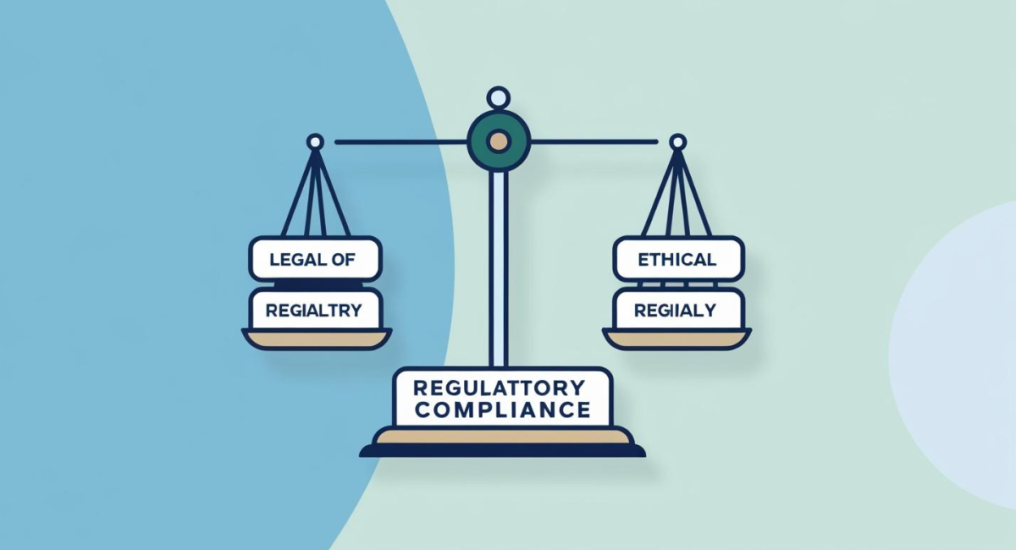When a data breach occurs, it’s an intense, frightening moment. Who you ‘gonna call? Ghostbusters aren’t the ones for this job, so the best way to make the specter of a breach less scary is to have an incident response plan in place; to know what your legal and regulatory requirements are; and to have the contact information that you …
Data Breach Prep: New Jersey
When a data breach occurs, it’s an intense, frightening moment. Who you ‘gonna call? Ghostbusters aren’t the ones for this job, so the best way to make the specter of a breach less scary is to have an incident response plan in place; to know what your legal and regulatory requirements are; and to have the contact information that you …
Data Breach Prep: Nevada
When a data breach occurs, it’s an intense, frightening moment. Who you ‘gonna call? Ghostbusters aren’t the ones for this job, so the best way to make the specter of a breach less scary is to have an incident response plan in place; to know what your legal and regulatory requirements are; and to have the contact information that you …
Data Breach Prep: Nebraska
When a data breach occurs, it’s an intense, frightening moment. Who you ‘gonna call? Ghostbusters aren’t the ones for this job, so the best way to make the specter of a breach less scary is to have an incident response plan in place; to know what your legal and regulatory requirements are; and to have the contact information that you …
Data Breach Prep: Missouri
When a data breach occurs, it’s an intense, frightening moment. Who you ‘gonna call? Ghostbusters aren’t the ones for this job, so the best way to make the specter of a breach less scary is to have an incident response plan in place; to know what your legal and regulatory requirements are; and to have the contact information that you …
Data Breach Prep: Mississippi
When a data breach occurs, it’s an intense, frightening moment. Who you ‘gonna call? Ghostbusters aren’t the ones for this job, so the best way to make the specter of a breach less scary is to have an incident response plan in place; to know what your legal and regulatory requirements are; and to have the contact information that you …
Which Cloud Model Is Right For You?
Public, private, or hybrid—what suits your agency best? Once a novelty, cloud networks now personify the modern workspace. Businesses leveraging cloud deployments typically enjoy enhanced flexibility and productivity. Moreover, with the rise of remote work, the cloud has become crucial in attracting and retaining valuable talent. However, maximizing the benefits of your cloud network depends on selecting a deployment model …
BEC Fraud Nears $3B Mark In 2023 In Latest IC3 Report
Calling cybersecurity “the ultimate team sport,” the FBI’s Internet Crime Complaint Center (IC3) emphasized its ongoing commitment to working with local law enforcement and private industry to combat evolving cyber threats in the U.S. in its recent 2023 Internet Crime Report. The report, released in March, highlighted investment fraud and business email compromise (BEC) fraud as the two most expensive fraud …
How To Build a Cybersecure Culture
Protect your business by taking a comprehensive approach to cybersecurity. Sometimes the cybersecurity landscape can feel a bit hopeless, especially when you look at recent data. News headlines are abuzz about breaches. Major companies across the economy are routinely victimized by hackers. Municipalities are open targets. Despite millions invested in security solutions, attacks seem to continue with unrelenting frequency. It …
Breach Detection: Top Signs Your Business Has Been Hacked
In 2024, cybersecurity has firmly entrenched itself in the public imagination. It seems like barely a week goes by, for example, without a high-profile data breach. Terms like “hacking,” “malware” and even “multi-factor authentication” have become part of our everyday vernacular. Even extensive security training is now routine at many workplaces. Yet despite this welcome increase in awareness and understanding, …







